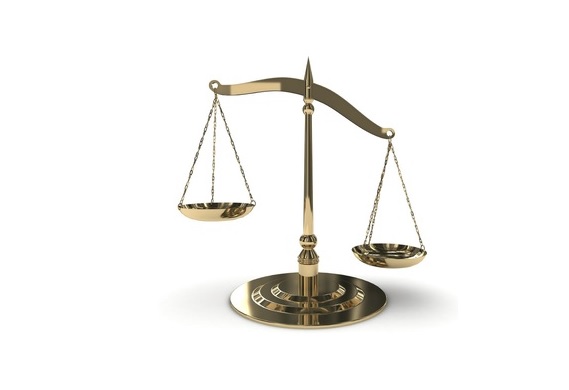Governments try to stabilise the economy by maintaining good growth, high levels of employment, and balanced inflation. This can be done via fiscal policy by the government and monetary policy by the Reserve Bank to influence the prices of goods and employment. The state of the economy has a direct impact on the stock market as it would affect the ability of companies in generating profits. Expansionary policies can lead to increased demand and employment. This in turn can lead to more spending which then increases earnings for corporations. Recessions are obviously a negative for most companies as it can lower their earnings ability and dividends. This can discourage investors from the share market.
Monetary Policy
These are policies which can affect the supply of money and in turn affect the consumption of individuals. Technically it is the Reserve Bank of Australia (RBA), not the government, which implements monetary policy. The RBA is the “government’s bank” and it can lower or higher the cost of money by decreasing or increasing interest rates and borrowing costs. A decrease in interest rates lowers the cost of borrowing. This allows businesses to increase investment and generate more jobs. It also encourages households to spend and borrow more money from banks. More spending from households can increase the GDP. As we have seen lately, high inflation has been an issue for the economy and the RBA has increased interest rates to curb consumer spending and decrease borrowing to drive down inflation.
Fiscal Policy
These are policies where the government adjusts its spending levels and tax rates to influence a nation’s economy. The level of tax which is imposed on individuals will affect amount of money they will be able to spend on goods and services. If the government wants to stimulate the economy, they can decrease taxes. This will give individuals more spending power due to higher after-tax pay.
The Government can also affect the economy by deciding how to spend their tax revenue. They can do this by spending more money in the public sector and perhaps hiring more people. They can also increase welfare payments or infrastructure projects which creates more jobs. If they can create more jobs, then this benefits the economy due to more people being able to buy goods and services and increasing the demand of the production of goods. Unemployment is an important issue for the government because it affects the taxes they receive from individuals. If unemployment is high, the revenue the government can collect is lower. It will also cause a reduction in consumption from households. This results in lower economic growth.
Lauren Hua is a private client adviser at Fairmont Equities.
An 8-week FREE TRIAL to The Dynamic Investor can be found HERE.
Would you like us to call you when we have a great idea? Check out our services.
Disclaimer: The information in this article is general advice only. Read our full disclaimer HERE.
Like this article? Share it now on Facebook and Twitter!

